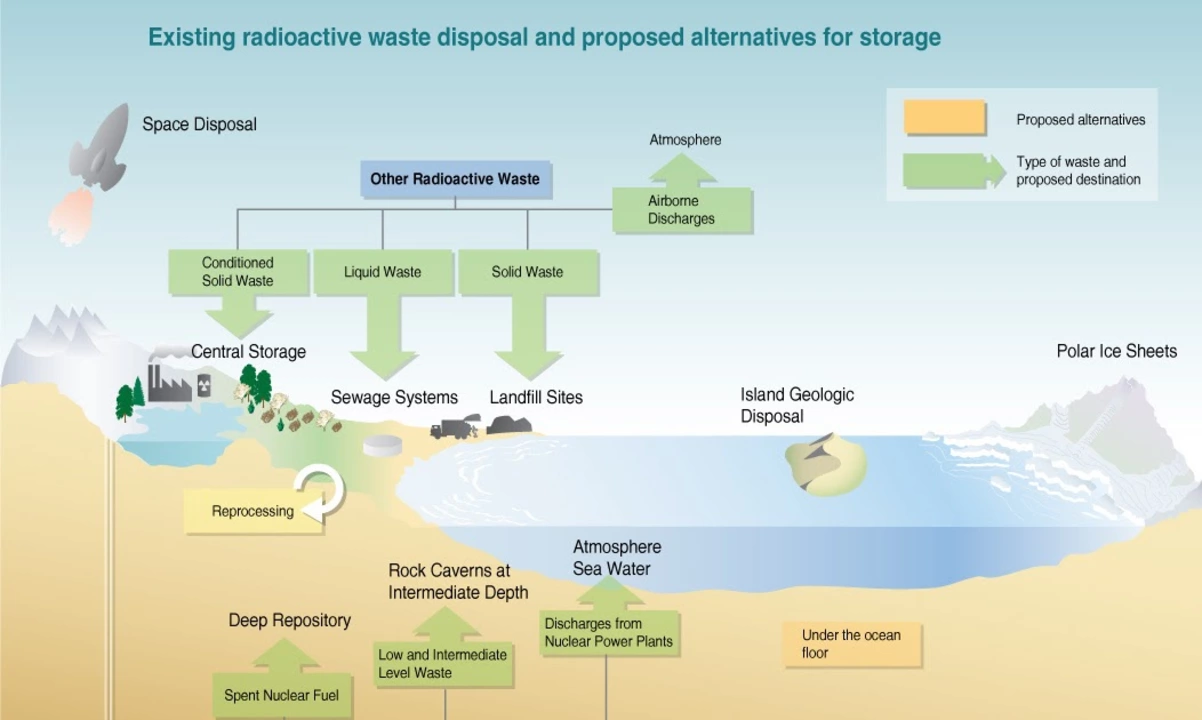Disposal: How to Get Rid of Unused Meds Without Harming Anyone
If you’ve got leftover pills or a bottle of supplement you never used, tossing it in the bin isn’t the best move. Improper disposal can pollute water, harm wildlife, and even put strangers at risk if they find something dangerous. The good news? Getting rid of meds safely is easier than you think, and most UK pharmacies already have solutions ready for you.
Why Proper Disposal Matters
When drugs end up in landfills or flush down the toilet, tiny amounts seep into rivers and soil. That can affect fish populations and even show up in our drinking water. On top of that, kids or pets might accidentally ingest a stray tablet, leading to serious health issues. Following disposal guidelines protects the environment, keeps your home safe, and ensures you’re not breaking any legal rules about controlled substances.
Practical Ways to Dispose Meds Safely
Take‑back programs. Many local pharmacies run free take‑back boxes where you can drop unused prescriptions. Just bring the medication in its original container, and the staff will handle it securely. Some supermarkets also partner with NHS services for similar collections.
Mail‑in options. If a nearby pharmacy isn’t convenient, several UK charities offer prepaid envelopes to send meds back for safe destruction. Look up “NHS Medicine Return Service” or check the website of your online pharmacy for a mail‑back link.
Mix with unwanted waste. For non‑controlled pills that can’t be taken back, crush them (wear gloves) and mix with coffee grounds, cat litter, or dirt. Then seal the mixture in a plastic bag before tossing it in regular trash. This makes it harder for anyone to retrieve the drug later.
Avoid flushing. Only flush medications if the label explicitly says it’s safe to do so—most don’t. Flushing can send chemicals straight into wastewater treatment plants, which aren’t built to filter out pharmaceuticals.
Check expiration dates regularly. Keep a quick look at your medicine cabinet every few months. Pull out anything past its date and follow one of the methods above before it gathers dust.
If you bought meds online, store them in a safe place until you can dispose of leftovers. Most reputable sites will give you instructions on how to return unused items—don’t ignore that info.
Remember, proper disposal isn’t just about following the law; it’s about keeping your community clean and safe. Next time you finish a prescription or decide a supplement isn’t for you, choose one of these easy routes instead of tossing it in the bin. Your future self—and the planet—will thank you.
As a concerned individual, I've recently been looking into the environmental impact of clomipramine production and disposal. Clomipramine, an antidepressant drug, has been found to contaminate water sources due to improper disposal, which may lead to negative effects on aquatic life. Additionally, the manufacturing process of this drug involves the use of hazardous chemicals, leading to potential air and water pollution. As a society, we need to push for better waste management practices and greener production methods to reduce the environmental impact of clomipramine and other pharmaceuticals. In the meantime, I urge everyone to dispose of their medications responsibly, following local guidelines, to help protect our environment.


 Medications
Medications